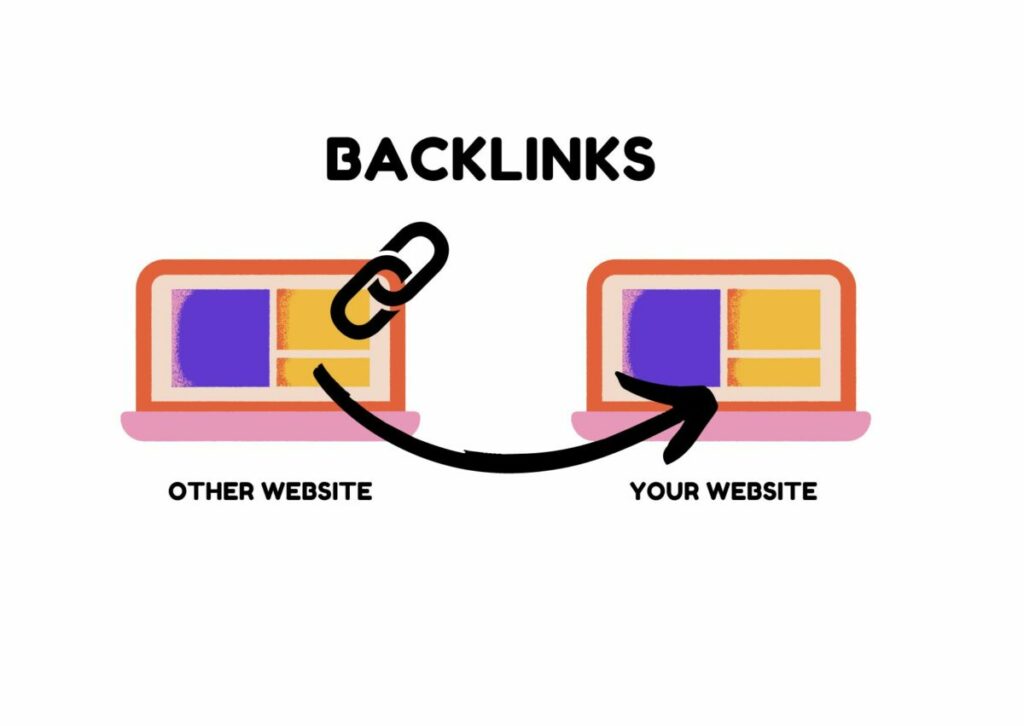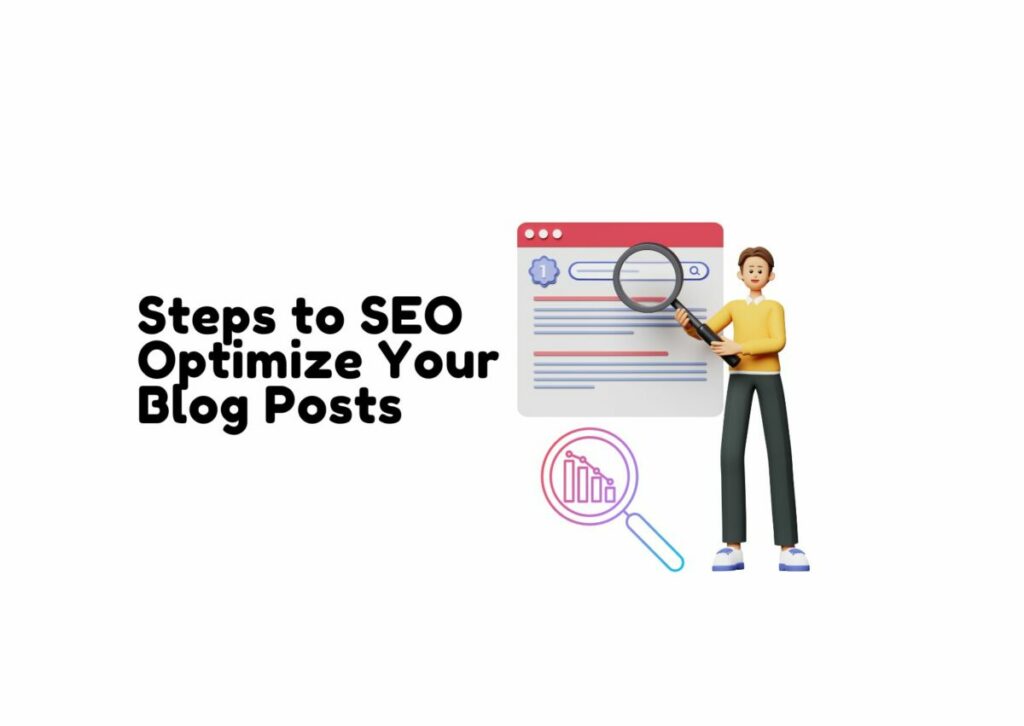Deciding between In-House SEO and hiring an Agency is a crucial decision for businesses aiming to bolster their online presence. Choosing an in-house SEO team allows a company to tailor efforts directly to its specific needs, leveraging a deep understanding of its brand and audience. This means more customized and consistent strategies that align closely with the company’s goals.

On the other hand, agencies bring a wealth of experience from working with diverse clients and industries. They can often spot trends and tactics that may not be immediately apparent to an in-house team. John Smith, a leading SEO consultant, notes, “The breadth of knowledge and resource variety that agencies bring can offer a significant edge in competitive markets.”
Ultimately, the choice hinges on a business’s unique circumstances. Companies with the resources to build and sustain a skilled in-house team may favor that route. Meanwhile, those looking for rapid, flexible expertise might find an agency more suitable.
Advantages of In-House SEO

In-house SEO offers control. By having an internal team, companies can directly oversee their SEO strategies. This allows for tailored approaches that align closely with the brand’s unique goals and values.
An in-house SEO professional works exclusively for one company. This singular focus often leads to a deeper understanding of the business. Knowing the brand inside out can be a huge advantage in creating effective SEO strategies.
Communication between team members is more streamlined. With everyone under the same roof, it’s easier to coordinate efforts and make quick decisions. This direct communication can significantly enhance efficiency.
Budget control is another significant benefit. While hiring an in-house team might seem costly at first, it can be cost-effective in the long run. There’s no need to pay agency fees, and resources can be allocated as needed.
Flexibility is a strong point for in-house teams. They can quickly adjust their strategies based on current needs and priorities, without waiting for an external agency to respond. This agility can be crucial in the fast-paced world of SEO.
The internal team also ensures that best practices are consistently followed. By setting up internal procedures, businesses can maintain a high standard of work quality. An SEO specialist within the company can stay updated on industry knowledge and apply it directly to the company’s benefit.
Finally, in-house SEO teams can provide a better ROI (Return on Investment). With direct oversight and a clear focus, they can track and measure results more accurately, ensuring that the strategies employed are truly effective.
Challenges Faced by In-House Teams

In-house SEO teams often struggle with limited resources. Unlike SEO agencies, they might not have access to a diverse set of tools and expertise. This can make it hard to tackle all aspects of SEO, from technical SEO to content creation and link building.
Time is another big issue. In-house teams have to balance SEO work with other responsibilities. This can lead to slower progress on SEO strategies and lower website performance. Meeting SEO goals on time can be challenging without dedicated focus.
Cost can also be a concern. While hiring an in-house team might seem cheaper than an agency, the expenses add up. In-house hiring requires finding, training, and retaining skilled professionals. This takes a lot of effort and money. Cross-training employees in SEO tactics can also stretch the team thin.
SEO professionals in-house often have a smaller skill set compared to agency teams. Agencies hire specialists in areas like competitor analysis, technical SEO, and return on investment strategies. In comparison, in-house teams may lack these specialized skills, making it harder to implement effective SEO strategies.
According to SEO expert Jane Smith, “In-house teams can end up with a heavy workload, trying to cover all areas of SEO with limited personnel.” This imbalance can lead to burnout and reduced effectiveness.
Finally, tooling and resources can be expensive. Agencies have the budget for high-end SEO tools, while in-house teams might struggle to justify those costs. This can limit their ability to perform detailed SEO analysis and improve search engine optimization tactics.
The challenges are clear – balancing resources, time, and expertise can be a tough task for in-house SEO teams.
Case Studies: Successful In-House SEO Strategies

Company A: Boosting Organic Traffic
Company A, a mid-size tech firm, decided to build an in-house SEO team. They started with a thorough SEO audit to pinpoint weaknesses.
- Action Plan:
- Focused on keyword research.
- Updated old content.
- Improved site speed.
Over six months, they saw a 40% increase in organic traffic. Their rankings for key terms improved notably.
E-commerce Store: Growth Through SEO

An online retailer sought to enhance its SEO game. They hired a small team dedicated to SEO strategies.
- Key Tactics:
- Implemented on-page SEO best practices.
- Conducted SEO audits monthly.
- Focused on technical SEO fixes.
The result? Sales increased by 25%. Their targeted SEO campaigns paid off, boosting both growth and leads.
Health Startup: Maximizing ROI
A health-focused startup decided on an in-house SEO team to reduce costs and maximize ROI.
- Steps Taken:
- Analyzed competitors.
- Created high-quality, relevant content.
- Fostered close interaction with other digital marketing efforts.
In just a year, their reputation built up, with significant improvements in rankings.
Industry Insight
Industry leader Jane Smith, CEO of a leading SEO company, remarked, “Building an in-house team ensures that the SEO strategy aligns closely with the company’s goals and values.”
These examples illustrate the effectiveness of an in-house SEO team. By conducting regular SEO audits and focusing on their target audience, companies can see significant progress.
Tools and Resources for In-House SEO

For companies choosing to manage SEO in-house, having the right tools and resources is essential. The right software can make keyword research, performance tracking, and content optimization much more efficient.
Essential SEO Tools

1. Keyword Research:
Tools like Ahrefs and Semrush are indispensable for keyword research. They help identify high-volume keywords and analyze competitor strategies.
2. Performance Tracking:
Google Analytics and Google Search Console offer insights into website traffic and performance. They can track keyword rankings, monitor website health, and identify issues.
3. SEO Audits:
Regular SEO audits are crucial. Tools like Screaming Frog help detect technical SEO issues, such as broken links and duplicate content, ensuring the website is optimized.
Content and Social Media
Creating quality content and integrating it with social media is key. An SEO manager should oversee content marketing strategies, leveraging tools like Yoast SEO for on-page optimization.
Specialized SEO Tools
1. Enterprise SEO Software:
Larger companies might need more advanced tools such as BrightEdge or Conductor. These platforms offer comprehensive solutions for large-scale SEO efforts.
2. Link Building Resources:
Building a strong backlink profile is vital. Services like Moz Link Explorer help identify high-authority backlink opportunities.
Industry Knowledge
Keeping up with industry trends is also important. SEO specialists should read blogs from experts like Neil Patel, and attend webinars and conferences to stay updated.
By equipping their team with these tools, businesses can ensure their in-house SEO efforts are effective and aligned with their broader digital marketing strategy.
When to Consider Outsourcing SEO

Outsourcing SEO can be the right move for many businesses, especially when specific conditions are met.
Budget Constraints
If hiring a full-time SEO professional or building an in-house team is too costly, outsourcing can be a cost-effective option. The starting salary of an SEO specialist is about $40,000, whereas outsourcing SEO typically costs $2,500-$10,000 per month. This can help small businesses or startups better manage their budgets.
Need for Expertise
SEO agencies provide access to a team of experts with varied skills. This means you get the benefit of diverse expertise without having to hire multiple individuals. This could be crucial for businesses needing in-depth knowledge or complex strategies for better online visibility.
Flexibility and Scalability
Another benefit of working with an SEO agency is flexibility. You can scale services up or down based on your needs without the commitment of full-time staff. Marketing professionals seeking to balance email marketing, public relations, and paid social campaigns might find this particularly advantageous.
External Perspective
Outsourcing to an external SEO agency can provide a fresh viewpoint. An SEO director might find that those outside the company can spot issues or opportunities that internal teams might overlook.
Local SEO Needs

For businesses targeting specific regions, local SEO is vital. While some in-house teams may lack specialized knowledge, industry experts in agency SEO can offer targeted strategies to reach local customers.
Consulting and Hybrid Models
Businesses can also consider a hybrid model, combining in-house efforts with external consulting. This approach can offer the best of both worlds, ensuring that internal teams benefit from the high-level strategies provided by consultants, while still maintaining day-to-day control.
Cost Savings in the Long Run
Outsourcing could result in cost savings over time. By paying for services only when needed, businesses avoid the long-term costs associated with maintaining an internal team.
The decision to outsource SEO ultimately depends on individual business goals, available resources, and the need for specialized skills.

